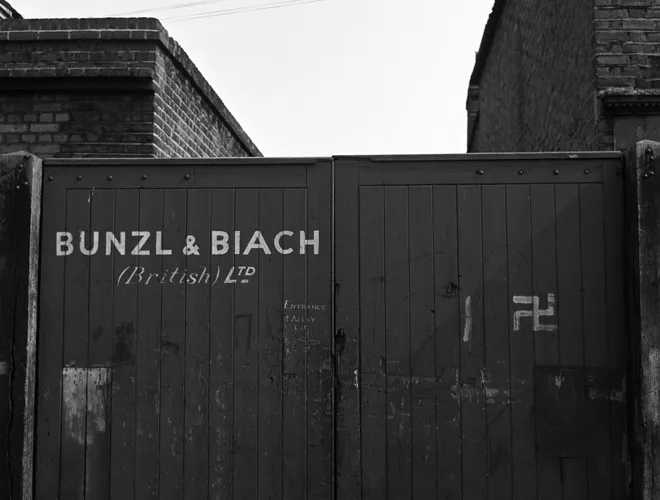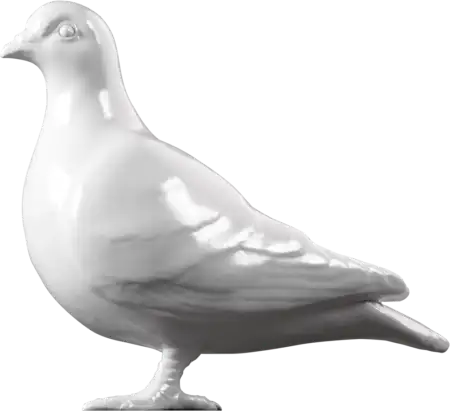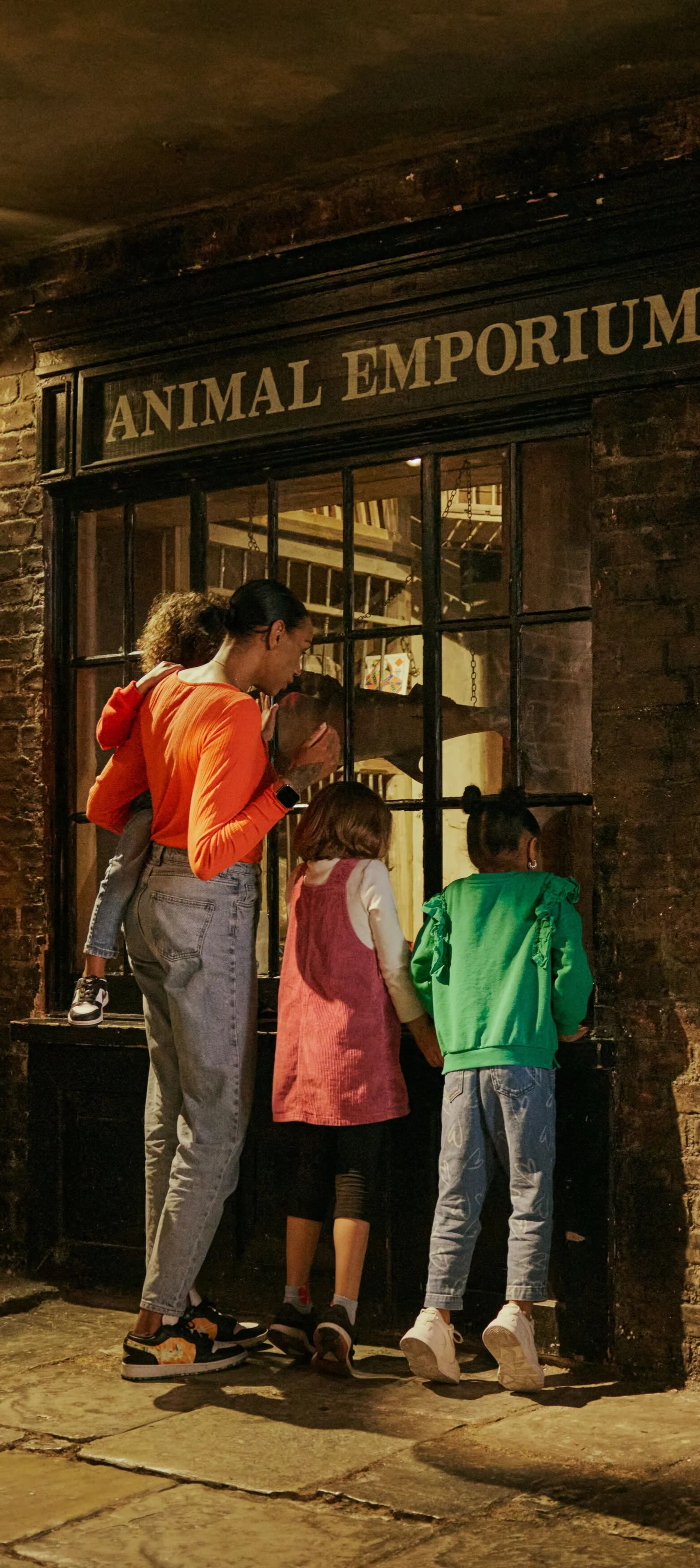Making collections more inclusive
How we describe and interpret our collections is a fundamental aspect of our work so that we ensure the objects and stories we look after are as accessible as they can be.
Known issues
Our collections are diverse, and span 450,000 years with written object descriptions dating back to 1826. We are aware that offensive language and outdated terminology and imagery exist in our records. The work we have started includes addressing areas of our collections where this is an issue.
For London Museum, this means acknowledging the following:
- that we hold material with direct links to enslavement and British imperialism. The interpretation of material and histories related to colonialism, empire and enslavement may be considered offensive. We need to reframe narratives and address language that may favour a white, colonial point of view to reflect more diverse historical perspectives and context
- that our catalogue contains offensive language and outdated terminology that can be a barrier to access. This can be considered degrading, derogatory and harmful. It does not always accurately represent the people, events and activities it is describing
- that across a collection of seven million items, the available information is inevitably variable in quality and quantity
- that there is room for improvement in the way we acquire, catalogue, and make collections accessible and that this is ongoing and long-term work
How we are making improvements
Collections Information Upgrade Project
In 2017, we started an ambitious project to improve the object records for a large portion of the 500,000 collection objects currently held in the stores at our London Museum Spaces (formerly Museum of London). The Collections Information Upgrade Project page has more information on this work.
Digital images
A large part of our collection is not photographed. You will, therefore, find many objects online without a picture. Digitising collections is a specialist activity because historic objects require careful handling. Our Collections Information Upgrade Project aims to substantially increase the number of images available over time. In some cases, we can’t supply an image due to copyright restrictions.
Vocabulary work
The language we use to communicate about the history of London can be nuanced and complex, and it is in constant flux. Words can change meaning over time, and they have the power to include or exclude.
In 2021, we began a project to review our use of language and build tools to support us in how we use and apply vocabulary in our work.
We identified a wide range of issues that need consideration. Words that can be considered derogatory, racist, sexist or otherwise offensive. Words that are acceptable to one generation but not another. Words that have changed in meaning or significance over time, and words that are now being reclaimed by new thinking or attitudes. This is not an exhaustive list, but an indication of the range of issues we are looking into.
“We aim to standardise language across web content, text in galleries, displays and object records”
We aim to standardise language across web content, text in galleries and displays, in object records, and are making conscious choices about the terms we will and won't use. Sometimes, we will need to work with words that are contested or still being debated.
Making improvements does not mean editing any original material or removing collections or records from public access. Where changes are made to existing catalogue descriptions, earlier descriptions will be archived to maintain a transparent archival record. For some objects where language is part of the object, for example, the original title of a drawing, we will not change terms but leave them as originally described.
This is an ongoing process as language is constantly evolving. We recognise that we won’t always get it right, but we have started to address issues in our catalogue descriptions and to improve access to our collections. This includes:
- updating our cataloguing guidelines and procedures to make our cataloguing more inclusive going forward
- adding warnings to make users aware that offensive language and terminology exists within our collections
- adding a pop up form to all pages in our collection online to provide a simple way for users to report any issues they might find
- updating catalogue entries, where appropriate, to clearly indicate where the use of offensive language has been informed directly from the original record
Better online discovery
- In 2024, we redesigned and re-developed our online collections, making over 45,000 more object records available
- Our Collections Information Upgrade Project is under way, improving the metadata across key areas of our collection
- We are seeking rights and permissions to display more object images online for key areas of our collection
- We are making more than 17,000 object images available for free download under the Creative Commons licence CC BY-NC 4.0
- We are updating records across our collections with new, relevant keyword tags and using Artificial Intelligence to better enable their discovery and connections between related objects
- We are conferring with our professional networks around best practice and how we can do better
- We are consulting with our audiences and depositors to understand how we can become more inclusive and accessible.
Our commitment
We are committed to the above tasks but are also aware of our resource limitations. While we can embed inclusive practices for cataloguing going forward, changes to existing catalogue records will be an ongoing process.
We aim to be transparent about this work and encourage feedback from our users to help us improve. If you have a concern or query about anything you have seen in our catalogue or in our collections while visiting, please get in touch.
More about how we are improving our collections
-

Improving our collections
We want to make our online collections accessible to the widest possible audience
-

Sensitive content warning
Our collections contain things some people may consider sensitive or offensive
-

Collections Information Upgrade Project
An ambitious project to prepare 500,000 objects stored at our London Museum Spaces to move to a new home


